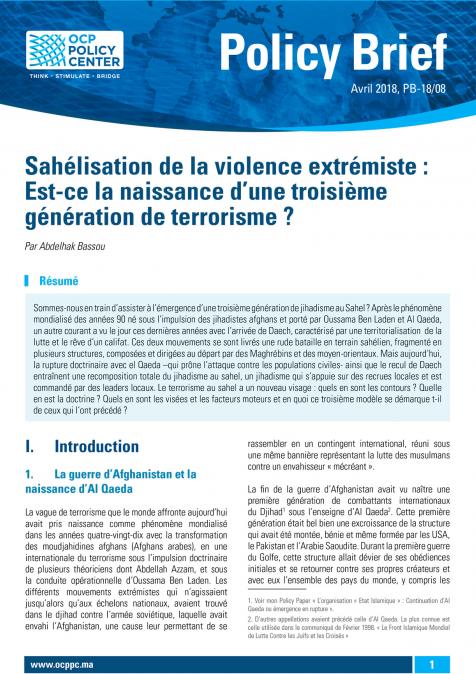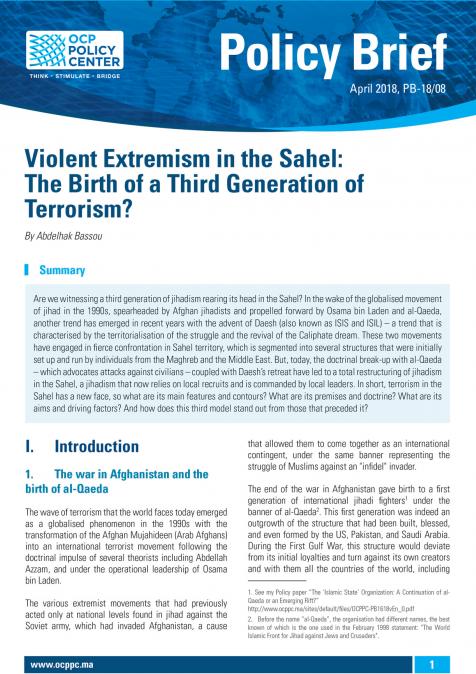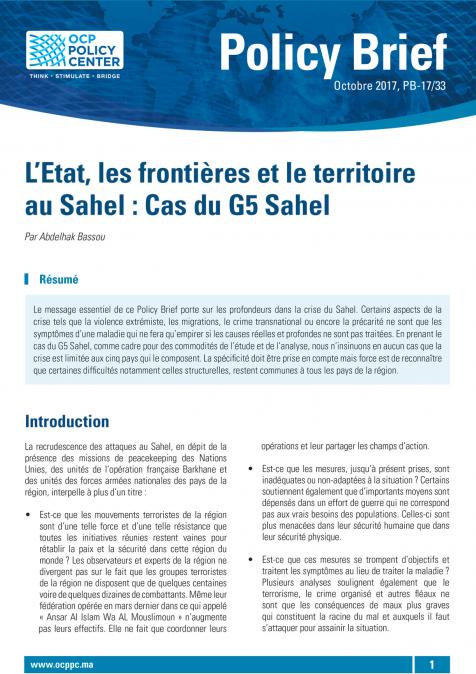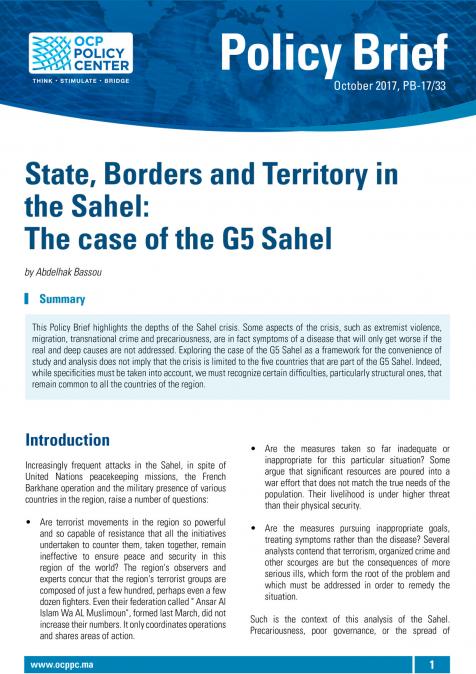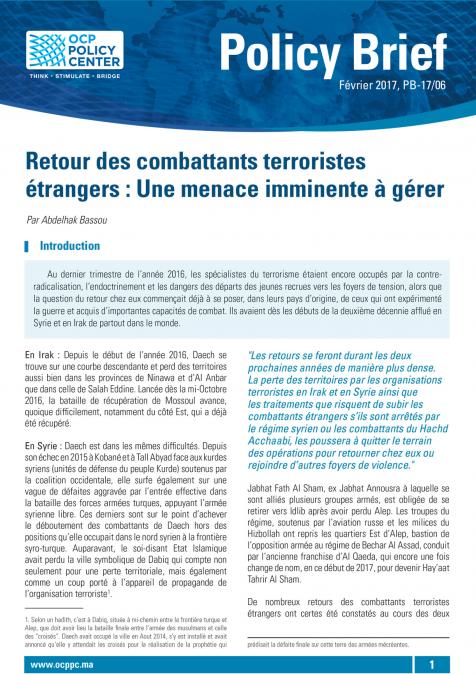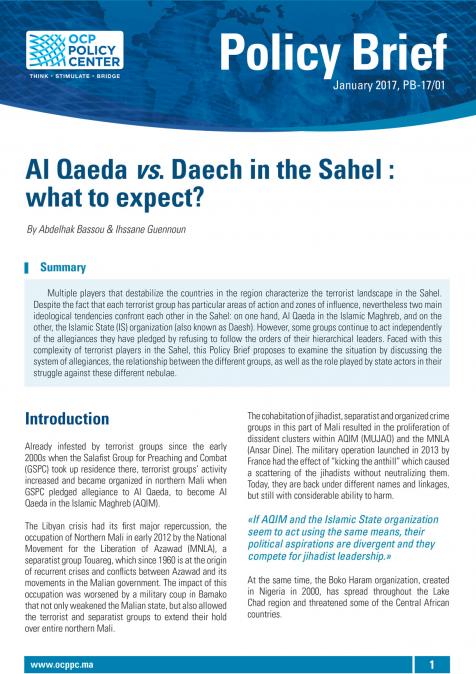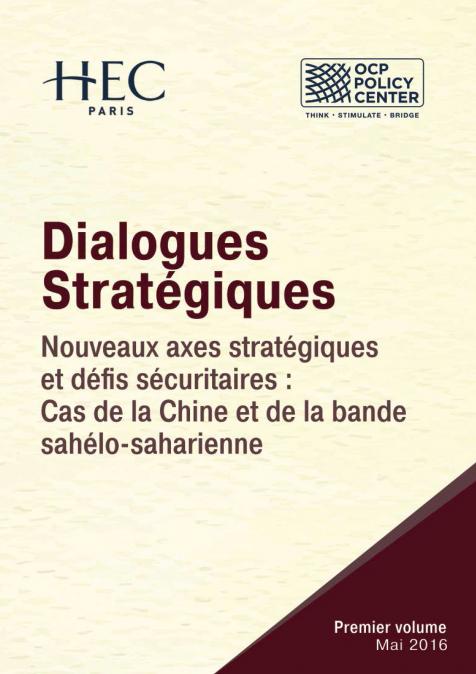In collaboration with the Policy Center for the New South, the Atlantic Council’s Africa Center launched the second policy brief from their project focused on the power of the Atlantic.
Authored by Maisie Pigeon, the policy brief examined the evolving security landscape of one of the world’s most critical maritime zones. While piracy incidents in the Gulf of Guinea had declined in recent years, the underlying structural drivers, such as weak enforcement capacity, youth unemployment, and limited economic opportunities, continued to fuel maritime crime.
On this occasion, a webinar titled “Atlantic Piracy: Current Threats and Maritime Governance in the Gulf of Guinea” was held on Monday, July 21 at 2:30 pm (GMT +1). Author Maisie Pigeon presented the key findings of the brief, provided an in-depth analysis of piracy trends, the efficacy of regional and international responses, and proposed pathways toward lasting maritime security grounded in enforcement, governance, resilience, and development.

